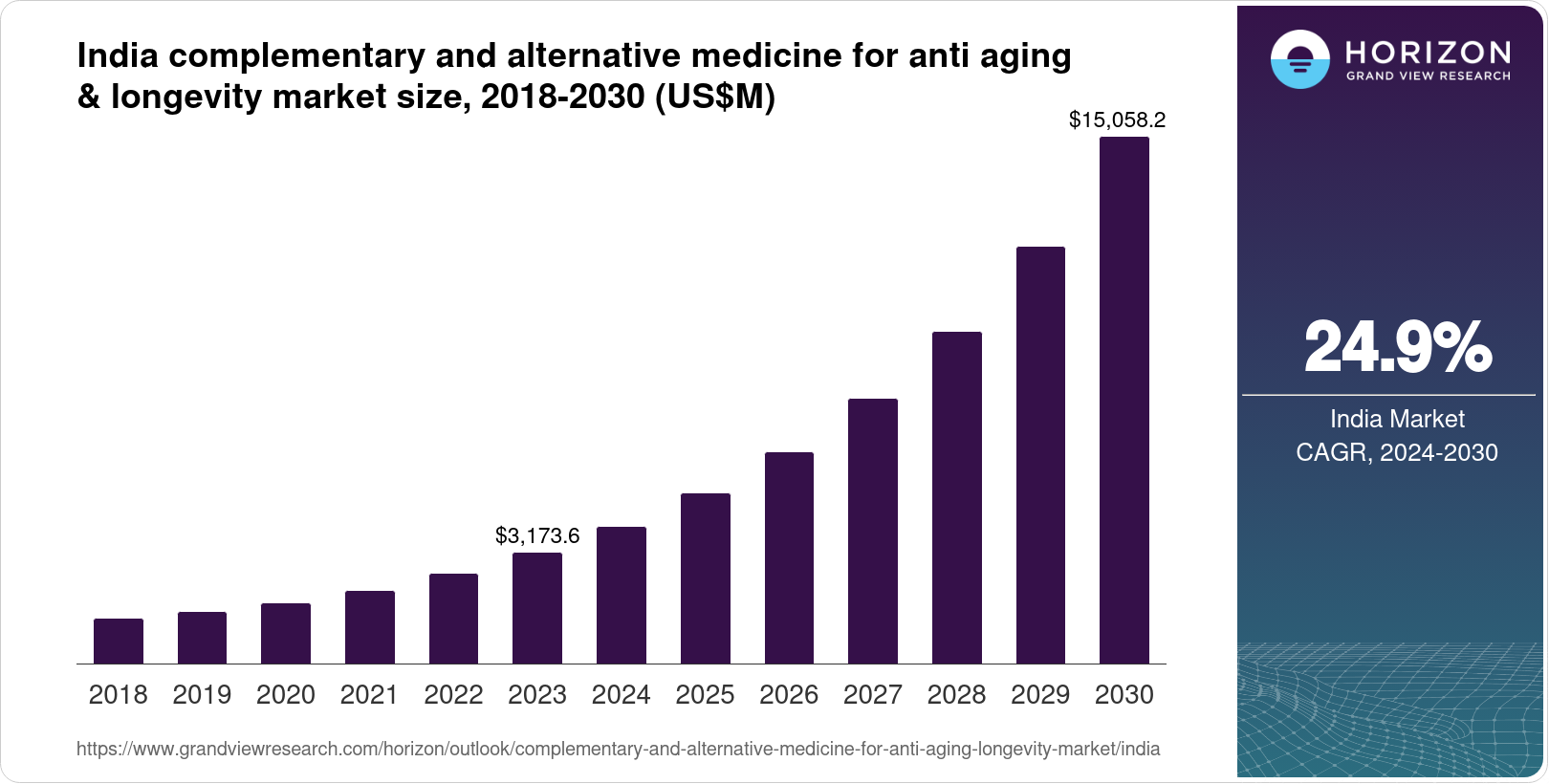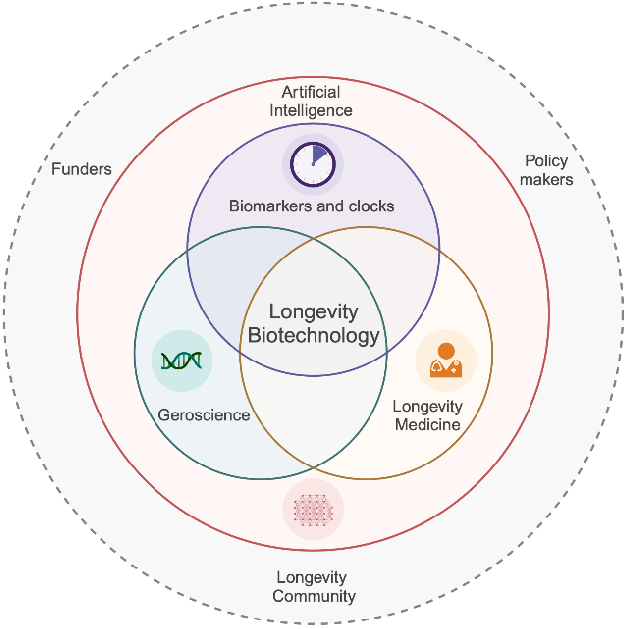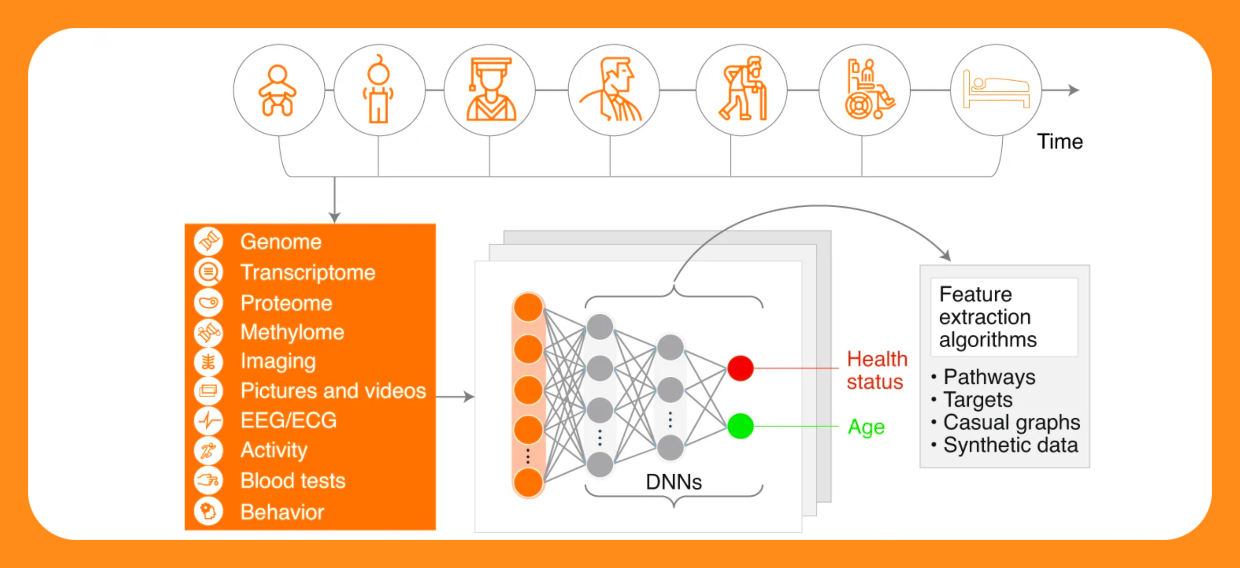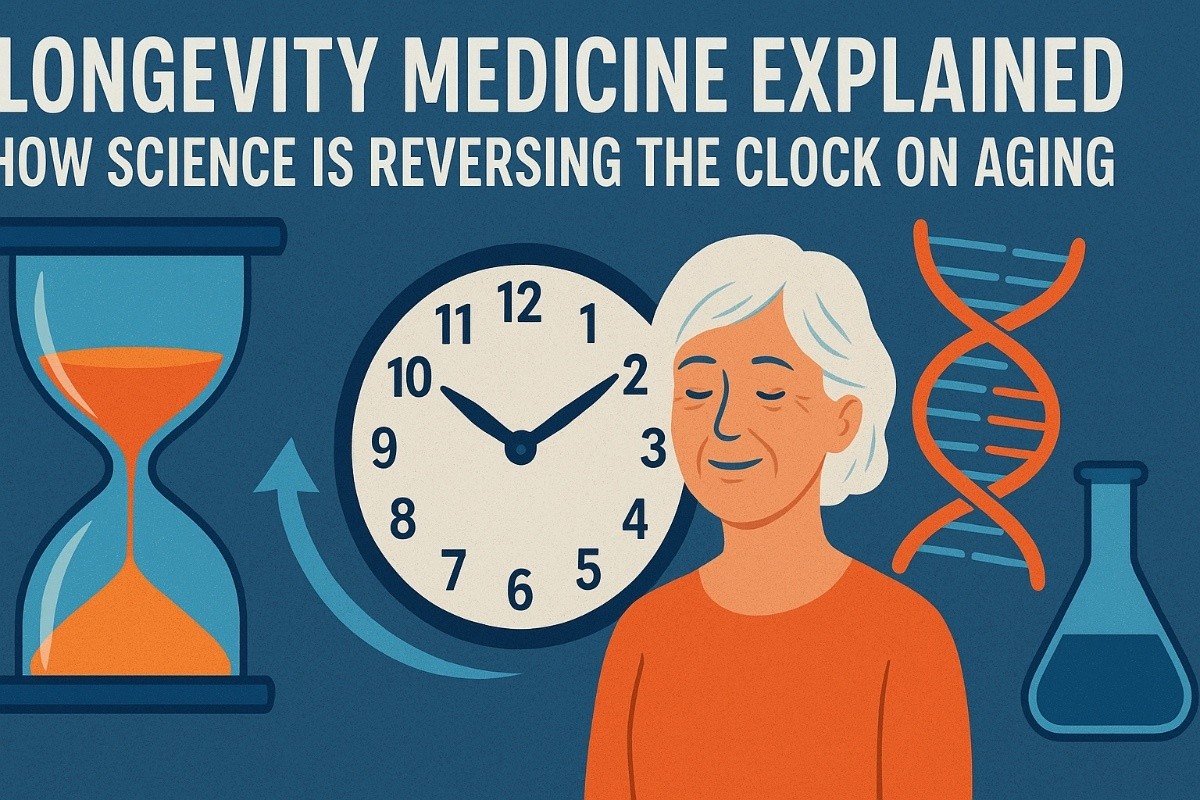Everyone wants to look younger and healthier despite their current age and wants to avoid difficulties that are associated with the aging process. Medical science has become advanced enough to fulfill the individual need for living longer without getting diagnosed with any critical medical conditions or physical impairments. Longevity medicine can help to delay the aging process by making it preventable and unsteady, enabling people to carry out a relaxed and better quality of life.

A Deeper Look at Aging: More Than Growing Old
❖ Aging is mostly triggered by physiological factors such as DNA impairment and building up of mutations.
❖ A process known as “Telomere Shortening,” in which protective shields surrounding chromosomes decrease in size by splitting the cells into various parts, also contributes towards the aging process.
❖ Rapid modification in gene expression and mitochondria functioning becomes ineffective, which leads to speeding up of biological aging.
❖ Cells that diminish their ability to divide and release toxic chemicals, especially stem cells, for decreasing their restorative capacity play a significant role in promoting physical decline.
❖ Continuous experience of swelling can affect tissue growth and increases the risk of getting detected with various health conditions such as cardiovascular disease, diabetes, Alzheimer’s, and cancer.

Longevity Medicine: How Does It Work?
❖ It integrates perspectives from multiple disciplines such as genetics, molecular biology, nutrition science, pharmacology, and regenerative medicine to act as an intervention method for reversing every feature of the aging process.
❖ Professional experts who utilize longevity medicine conduct customized health assessments by using various monitoring tools, such as genetic screening and blood biomarkers, to develop a comprehensive medical record that can provide accurate health results.
❖ Such medicines highlight the importance of maintaining a calorie deficit and following an intermittent fasting routine to boost up gut health. Consuming plant-based diets filled with plenty of nutrients, such as the Mediterranean or Okinawan diet; engaging in strength and aerobic exercises; getting appropriate hours of sleep for encouraging cellular repair; and practicing stress management techniques for reducing inflammation levels.
❖ There are additional supplements such as metformin, which is essential for diabetic patients and can strengthen digestive function and decrease the likelihood of developing age-related diseases. Rapamycin focuses on cellular growth mechanisms to increase duration of life in animals. NAD+ precursors, including nicotinamide riboside or mononucleotide, enhance body energy levels and promote vitality. Senolytics such as fisetin and dasatinib strategically remove senescent cells to decrease soreness and tissue loss.
❖ Different types of advanced therapies, such as exosome and PRP therapy, help to reestablish the functioning of old aging joints, skin, and organs.
❖ Groundbreaking research studies examine CRISPR and various gene alteration techniques to rectify genetic defects and restore epigenetic markers to reverse cellular aging patterns.

Conclusion
Longevity medicine was found to be an effective discovery in the healthcare industry for helping individuals to extend their healthy lifespan. Such innovative methods also face obstacles in terms of conducting longitudinal studies for ensuring safety trials and assured outcomes in accordance with the ethical guidelines and addressing societal impact. Artificial intelligence has also proven useful to evaluate multiple health predictors to determine biological age and recommend a treatment plan for reversing aging-related diseases.
